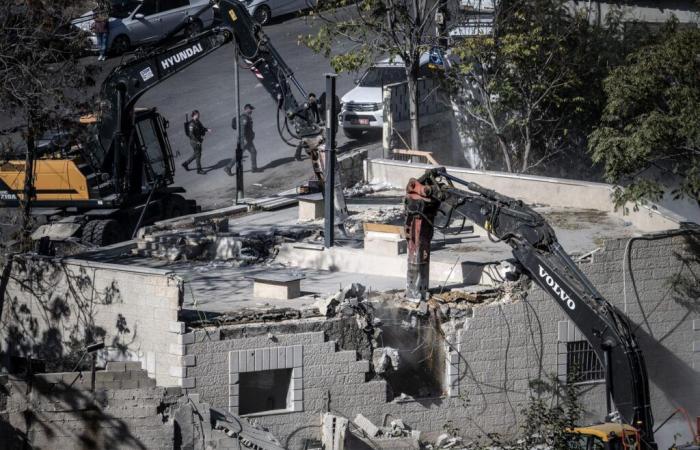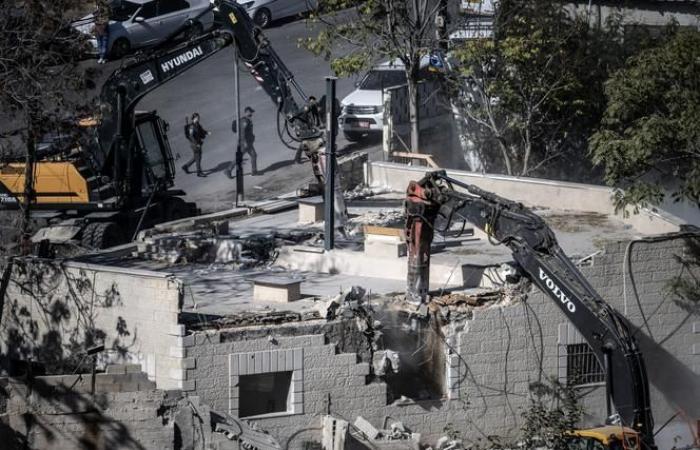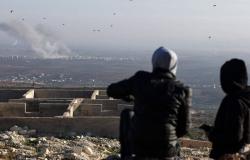In their large cage, against the back wall, parakeets jump from perch to perch and chatter with enthusiasm. In the center of the small cement courtyard, lemon trees offer their shade and their fruits. At Otayba Odeh, in the Silwan neighborhood of East Jerusalem, there is a threatened peace. As evidenced by this, a hundred meters from this haven, a tangle of sections of masonry, twisted concrete bars, furniture and crushed objects. The dusty chaos is what remains of the Al-Bustan community center, named after this sub-neighborhood of Silwan, of which Mr. Odeh was in charge. The Israeli authorities, who manage this occupied and annexed part of the city, destroyed it on November 13, judging its construction “illegal”.
The Al-Bustan association was the only one of its kind in Silwan, a neighborhood devoid of any public space for its approximately 30,000 Palestinian residents. This did not slow down the demolition workers. Next to the mountain of rubble, Mr. Odeh has already resumed the center's activities outdoors: scouting, taekwondo, traditional dance or psychological assistance. “We must not give in, not for a single moment must we give up”he said.
Back home, he pretends to have fun counting: “We are a family of twenty-one people living in three houses, in three different neighborhoods of Silwan. We are the subject of three proceedings – either destruction or expulsion – in three different courts. It absorbs all our money, all our time, all our energy, all our life. » His father pushes the gate and heads towards his own house. Mr. Odeh informs him: “Tomorrow, we are summoned to court again. » The old man nods. His son watches him leave with sadness: “He worked for forty-eight years as a bus driver and never had the slightest problem, the slightest incident. And there, at the end of his life, they want to throw him into the street, taking away the only thing he owns: his house. »
Read also: Article reserved for our subscribers Israel-Hamas war: “Jerusalem is boiling”
Read later
Created in 2012, the community center was supported by the French government and twenty-one local authorities. Links between French towns and the inhabitants of Silwan had been established, half a million euros had been disbursed, over the years, to support the structure in which a thousand young people from this Palestinian neighborhood came to have fun, train in various sports, meet each other. The funding was valuable, perhaps less, however, than the support thus shown to the center and to the residents threatened by the orders to destroy their homes.
You have 59.38% of this article left to read. The rest is reserved for subscribers.







